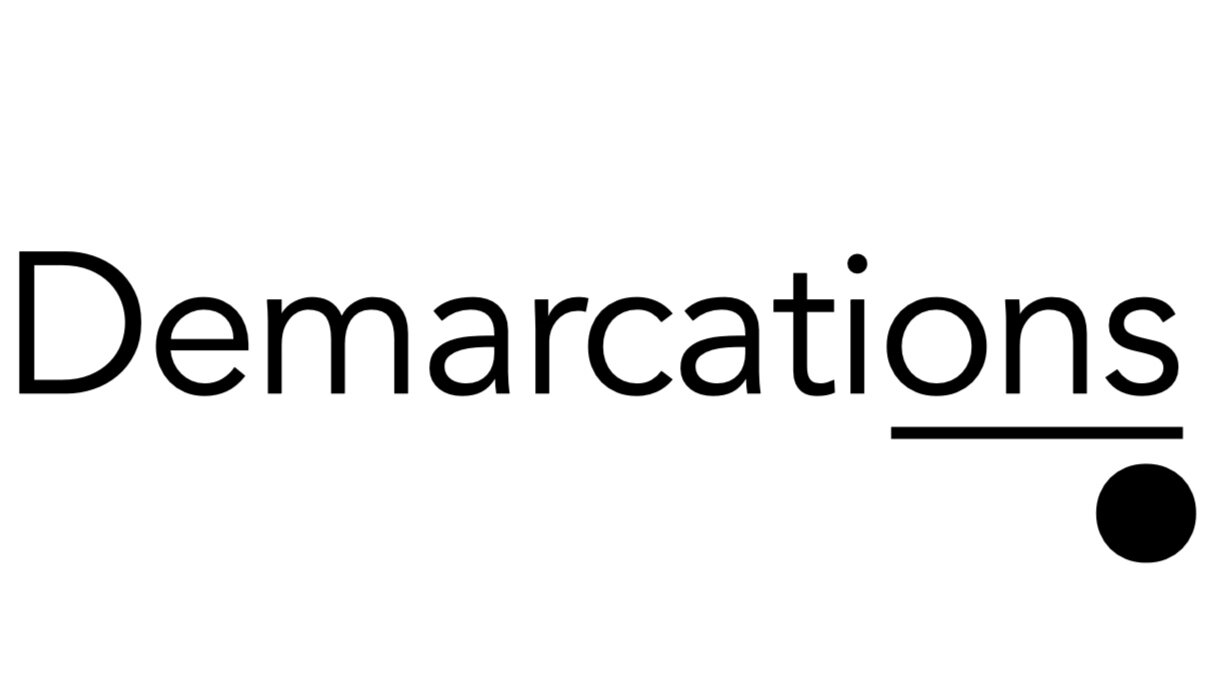[/caption] Forty years ago, the most advanced piece of technology in a law office -- or most any office -- was an electric typewriter. That's a useful anchor when contemplating whether to buy an iPad now or wait for the next generation in -- God forbid -- April 2011. Patrick Lindsey provides some useful historical perspective:
• in the mid-1970s, the modern telephonic fax machine goes on the market;
• in the late 1970s, Lexis (now LexisNexis) and Westlaw develop the first electronic research databases;
• in 1980, WordPerfect 1.0 is released; the first IBM PC goes on sale the next year;
• in the mid-1980s, a first-generation cellular telephone network is established in the United States;
• in 1990, an international consortium launches the World Wide Web;
• in 1993, Adobe Systems unveils the Portable Document Format (which you probably know as the PDF). By the early 2000s, many federal district courts allow electronic filing and state courts follow suit.
For many lawyers now, of course, our biggest challenge isn't implementing new technology. That's the fun part. Rather it's dealing with the enormous amount of data these technologies have created.


